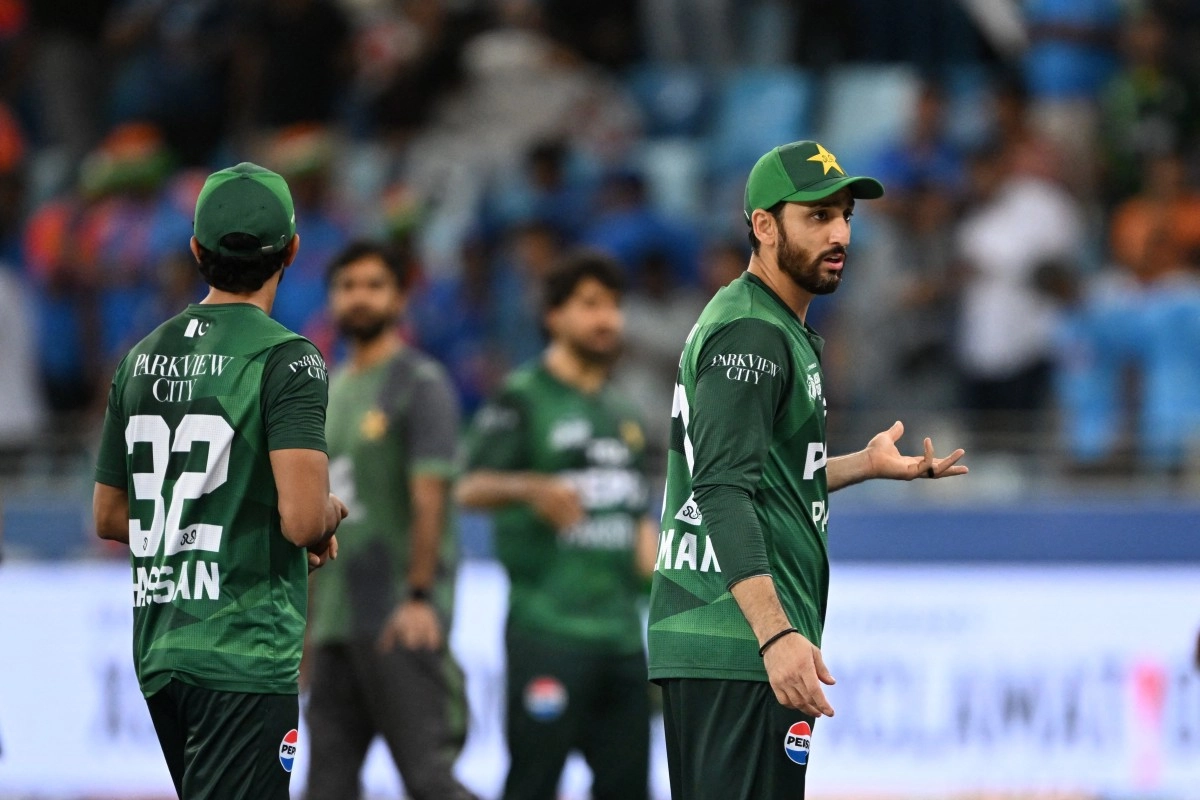In a recent high-stakes cricket match between Pakistan and India, the spotlight fell not only on the players but also on the captaincy decisions that left fans and analysts alike in disbelief. The match saw Pakistan’s captain making a significant blunder that ultimately contributed to the team’s downfall. Former Pakistani fast bowler Shoaib Akhtar, known for his candid opinions and sharp wit, did not hold back in his criticism. He humorously referred to the captain as “Hamara Einstein,” implying that the captain’s decisions were far from brilliant. This moniker highlighted the disconnect between strategic thinking and the execution on the field, sparking a wave of discussions among cricket enthusiasts.
Akhtar’s comments resonated with many fans who felt that the captain’s choices were questionable and perhaps indicative of a lack of experience or foresight in high-pressure situations. The match against India is always filled with heightened emotions and expectations, and such blunders can have far-reaching consequences. Shoaib Akhtar’s playful jab served as a reminder of the intense scrutiny that players and captains face, especially in a rivalry as historic and passionate as that of Pakistan and India. The cricketing community is often quick to analyze and critique decisions made during the game, and Akhtar’s remarks added to the discourse surrounding the pressures of leadership in sports.
As the game unfolded, it became increasingly apparent that the decision-making process was crucial. Fans observed key moments where strategic choices could have altered the course of the match. Akhtar’s use of humor in addressing the blunder also reflects a deeper sentiment among supporters who are both passionate and frustrated by the team’s performance. In the world of cricket, where every run and wicket counts, the role of a captain is pivotal, and mistakes can lead to a flurry of criticism from former players and fans alike. While Akhtar’s remarks were light-hearted, they underscored a serious issue within the team dynamic and leadership.
Ultimately, the match served as a learning experience for the Pakistani team, with the hope that such blunders will be addressed in future games. The rivalry with India always comes with its own set of pressures, and the expectations are incredibly high. Supporters look to their captain not only for tactical decisions but also for inspiration and guidance on the field. Moving forward, it is essential for the team to reflect on their strategies and decision-making processes, ensuring they are better prepared for the challenges that lie ahead. As cricket fans await the next encounter between these two cricketing giants, they will undoubtedly keep a close eye on the captaincy decisions, hoping for a more astute performance that aligns with the expectations of the passionate fan base.




